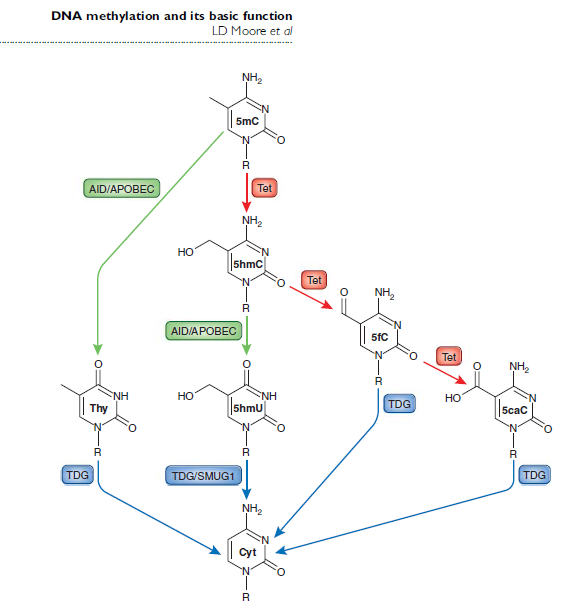TMG – the Insurance Policy Against Loss of Methyl Groups
TMG is one of the most important ways to restore methyl groups because as the name implies, it has three methyl groups to donate.
“The reason I take glycine, specifically trimethylglycine is to counter what I think may be going on with an NAD+ booster”… “Levels of nicotinamide go up rapidly after taking NMN”… “nicotinamide gets excreted through the kidneys”… “it happens because it gets methylated”… “methyl groups are needed for the body”… “as a precaution I take trimethylglycine so that I continue to give my body a source of methyl groups” – Dr. David Sinclair (4)
TMG Supports Methylation Processes
TMG is a critical cofactor in methylation, which occurs in every mammalian cell donating methyl groups. This includes the synthesis of neurotransmitters such as serotonin and dopamine.
Methylation is also required for the electron transport chain constituent coenzyme Q10, for the biosynthesis of melatonin, as well as the methylation of DNA for epigenetics.
Methylation is a biological process critical for DNA repair, lipid metabolism, liver detoxification, production of creatine for muscle, and production of SAMe.
TMG is also an important step in converting homocysteine, a damaging amino acid, into a more beneficial amino acid called methionine. Clinical and non-clinical studies have shown that supplementation with TMG supports healthy homocysteine levels.
DNA Methylation Controls DNA Expression
Gene expression is controlled by the presence or absence of a methyl group, usually on cytosines that precede a guanine nucleotide on the DNA strand.
However, as we age, levels of methylation go further and further down, meaning we don’t have the same level of control over gene expression that we once had.
“DNA methylation regulates gene expression” (1)
“DNA methylation, in concert with other regulators, is a major epigenetic factor influencing gene activities.” (1)

NAD+ Boosters can Drain the Pool of Methyl Groups
In certain cases, taking NAD+ boosting supplements can deplete levels of methyl groups in the body.
“Other anti-aging supplements such as niacin, NMN, and NR can play havoc with this DNA methylation process” (2), Dr. Brad Stanfield
As NAD+ gets used, it is broken down into Nicotinamide (NAM). To get rid of excess NAM, a “methyl” is attached to NAM to form methylnicotinamide (MeNAM) so it can be excreted.
Consequently the more NAD+ that is used, more MeNAM needs to be excreted which can put a stress on the pool of methyl groups, leaving less for other essential methylation functions.
 Trimethylglycine (TMG) is an amino acid derivative found in various food sources, particularly in beets (hence the alternative name of betaine). Structurally, it is the amino acid molecule Glycine with three methyl groups attached to it.
Trimethylglycine (TMG) is an amino acid derivative found in various food sources, particularly in beets (hence the alternative name of betaine). Structurally, it is the amino acid molecule Glycine with three methyl groups attached to it.
TMG Increases Nitric Oxide
Supplementing with TMG may increase levels of nitric oxide in the blood. Nitric oxide increases muscular blood flow by widening blood vessels during exercise. This in turn can increase nutrient delivery, waste excretion, and improve exercise performance.
“betaine supplementation at a dosage of 2.5 gd21 resulted in a moderate increase in total repetitions and volume load” (5)
Greater energy production during exercise is also achieved by improved cell hydration and protection, as well as improving glucose breakdown and lactate productivity.
References:
1 – DNA Methylation and Its Basic Function
2 – DNA Methylation | Stop DNA From Aging With TMG?
3 – NMN vs. NR: What’s better? And is TMG necessary?
4 – David Sinclair | Why He Takes TMG with NMN
